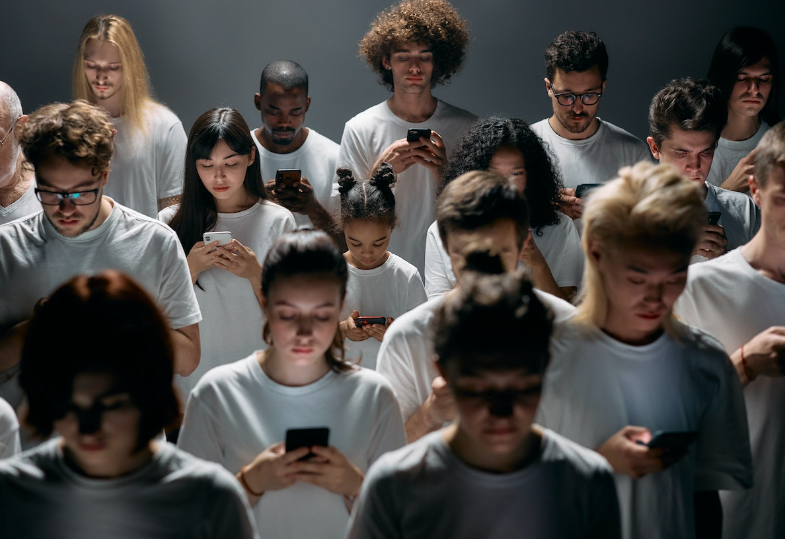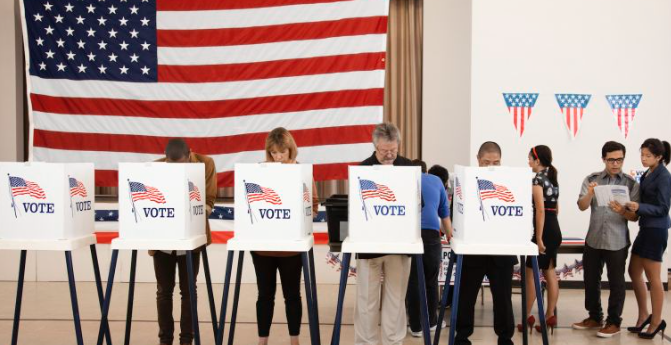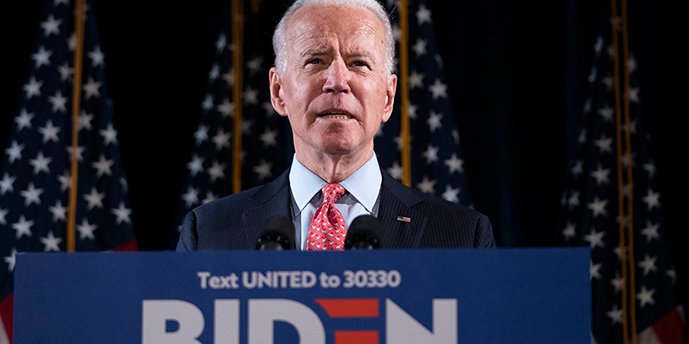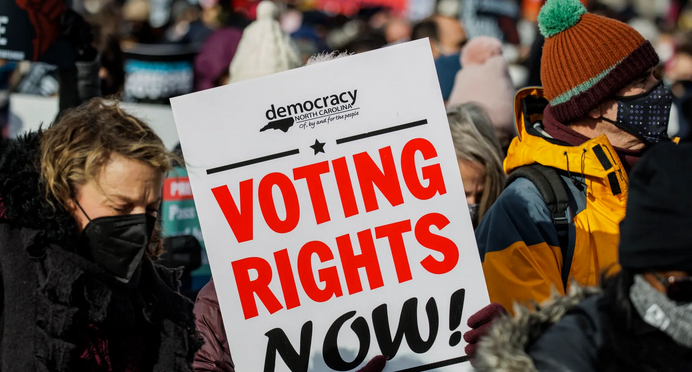In today’s fast-paced digital world, social media platforms have become powerful tools for communication, connecting people across the globe instantaneously. Among the many impacts of this technological revolution, one area that stands out is its influence on political discourse. Social media platforms like Twitter, Facebook, and Instagram have reshaped how we engage with politics, affecting everything from political narratives to activism and the spread of misinformation. In this beginner’s guide, we’ll delve into the multifaceted role of social media in shaping political discourse.
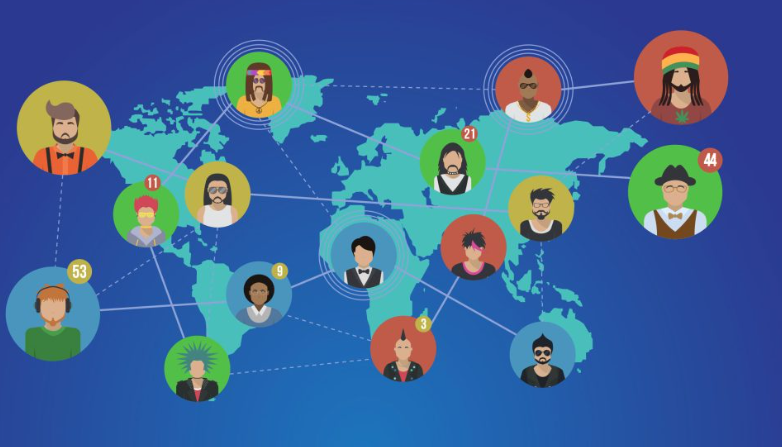
The Rise of Social Media as a Political Arena
The digital age has ushered in a new era of political engagement, and social media is at the forefront. Platforms like Twitter, Facebook, and Instagram have provided individuals with a virtual space to express their views, engage in debates, and follow political developments. The immediacy and accessibility of these platforms have democratized political discourse, allowing people from all walks of life to participate actively.
Social media’s role in politics goes beyond just communication; it has become a platform for citizens to interact directly with their elected officials. Politicians now use these platforms to share policy updates, respond to constituents’ concerns, and even conduct virtual town halls. This direct engagement has the potential to bridge the gap between citizens and their representatives, making the political process more transparent and accessible.
Moreover, social media has expanded the reach of political discourse beyond national borders. Individuals can now connect with like-minded people globally, sharing ideas and experiences across cultural and geographical boundaries. This globalization of political conversations has led to the formation of international alliances, collaborative initiatives, and the sharing of best practices on a scale that was previously unimaginable.
Influencing Political Narratives
Social media has transformed how political narratives are created, disseminated, and perceived. News stories and opinions can now reach millions within seconds, bypassing traditional gatekeepers. Politicians, pundits, and citizens alike can directly share their viewpoints, leading to a diverse range of voices in the public sphere. However, this democratization has also led to the spread of unverified information and echo chambers, where individuals are exposed mainly to perspectives that align with their own.
Empowering Activism and Grassroots Movements
Political activism has found a new ally in social media. Movements like #BlackLivesMatter and #MeToo have harnessed the power of these platforms to raise awareness, organize protests, and mobilize support. Social media’s ability to quickly amplify messages and spark conversations has propelled previously marginalized issues into the mainstream. Activists can now create global movements from their smartphones, challenging traditional power structures.
The Challenge of Misinformation
While social media offers numerous benefits, it also presents a significant challenge: the rapid spread of misinformation. False information, sensationalized headlines, and manipulated images can go viral before fact-checking catches up. This phenomenon has serious implications for informed political decision-making and public understanding. Platforms are working to implement fact-checking measures, but the sheer volume of content makes it a complex battle.
The Need for Digital Literacy
In an era where information is readily available but not always reliable, digital literacy is crucial. Individuals must learn to critically evaluate sources, discern between credible information and fake news, and navigate the echo chambers that social media can inadvertently create. Educating ourselves and others about responsible online behaviour can mitigate the negative effects of misinformation.
Balancing Privacy and Expression
As social media continues to shape political discourse, questions about privacy and free expression emerge. The fine line between protecting user data and ensuring open dialogue poses ethical dilemmas. Recent controversies have sparked debates about the role of platforms in moderating content and the impact of algorithms on shaping users’ perspectives.
Final Thoughts
In conclusion, social media’s role in shaping political discourse is undeniable. It has democratized the conversation, amplified activism, and facilitated the spread of both valuable information and harmful misinformation. As users, it’s our responsibility to approach these platforms with a critical eye, promoting digital literacy and fostering healthy discussions. Social media’s influence on political discourse will undoubtedly evolve, making it essential for individuals to stay informed and engaged in this ever-changing digital landscape.

